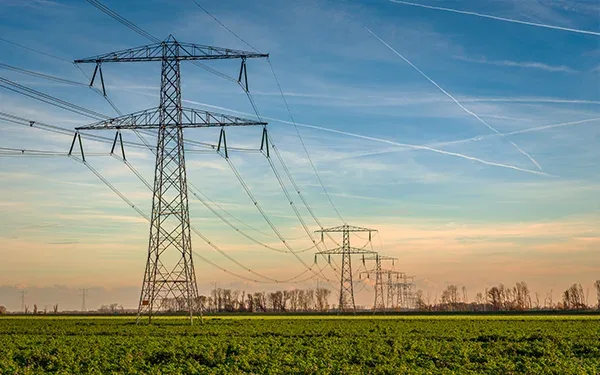Collaboration highlighted at stakeholder workshop on accessing the CAISO grid
Elliot Mainzer, president and chief executive officer of the California Independent System Operator, and Marybel Batjer, president of the California Public Utilities Commission, each made opening remarks at an ISO stakeholder workshop Tuesday on the importance of Western states collaborating to meet their collective energy needs.
The July 13 workshop was held to begin developing a long-term framework for establishing priority scheduling rights for the CAISO electric grid.
Several weeks earlier, on June 25, the Federal Energy Regulatory Commission approved the ISO’s modification to its load, exports and wheeling-through priorities aimed at providing some certainty around the rules for this summer, particularly related to periods of high demand for electricity and stressed system conditions.
The ISO said at the time that it was committed to working with stakeholders within California and across the West to develop a longer-term solution to transmission reservations across the ISO system, and the workshop was organized to help facilitate that goal.
“Today’s meeting represents the start of a dialogue between the ISO and the region to help shape our long-term policy direction on a framework that addresses operational challenges under stressed system conditions that are becoming increasingly common across the western interconnection,” Mainzer said.
“The increasing recurrence of severe weather conditions is creating tight system conditions across a large footprint of the western interconnection. Exacerbating these conditions are the current and looming supply shortfalls across the (Western states) along with a transmission system with finite capacity.
“In this context,” he continued, “import supply has become a critical component of resource adequacy portfolios across the region to address these evolving conditions, and thus the ability to deliver these imports across the different transmission systems to reliably serve load is of utmost importance.
“We recognize that external load serving entities and balancing authorities depend on exports from the ISO or generation wheeled through the ISO system to serve load, just as California depends on imports delivered through other systems.
“While we have a framework in place starting this summer that introduces interim scheduling priorities for wheel-throughs and exports in relation to ISO load as a way to provide access to our system in these stressed conditions, we recognize the limitations of this interim framework and are committed to working collaboratively to develop a long-term, durable framework that can more effectively meet the needs of California load serving entities as well as others who depend on our transmission system to meet their reliability requirements.”
“The principles of native load protection and open, non-discriminatory transmission service acknowledged by FERC in its recent decision on our interim solution are important guides to this conversation. To those I would add the principle of looking out for your neighbor.
“All of us are woven together and dependent on each other to maintain the reliability of the Western Interconnection during these times of profound change. Never was this more acutely demonstrated than over the past 5 days. And only by demonstrating a true spirit of collaboration and creative problem solving will we effectively address this important set of issues and the other topics of market design that it impacts.”
In her opening comments, Batjer expressed similar sentiments, speaking in personal terms about her deep roots in the West.
“It is important for us to acknowledge we are jointly facing the same challenges,” she said. “Tens of millions of those we serve have jointly endured extreme heat waves in recent weeks and are preparing for the threats and impacts still ahead of us due to dry conditions.
“Wildfire and drought are not isolated to one state. And in the rare moments they are, their impacts still reverberate across state lines. As someone who regularly crosses between California and Nevada, and for whom the Western states piece together my family’s history, as well as my childhood and professional career, the challenges I see before the people we serve are clear calls for us here to work collaboratively.
“This is one of the key initiatives important to California load serving entities in ensuring load and reliability needs can be met. It is important to external load serving entities who depend on the ISO grid to meet those same needs. Know that the CPUC is committed to working collaboratively to develop a long-term solution to address these important issues and to ensure grid reliability, not only in California but for our state partners as well.”


